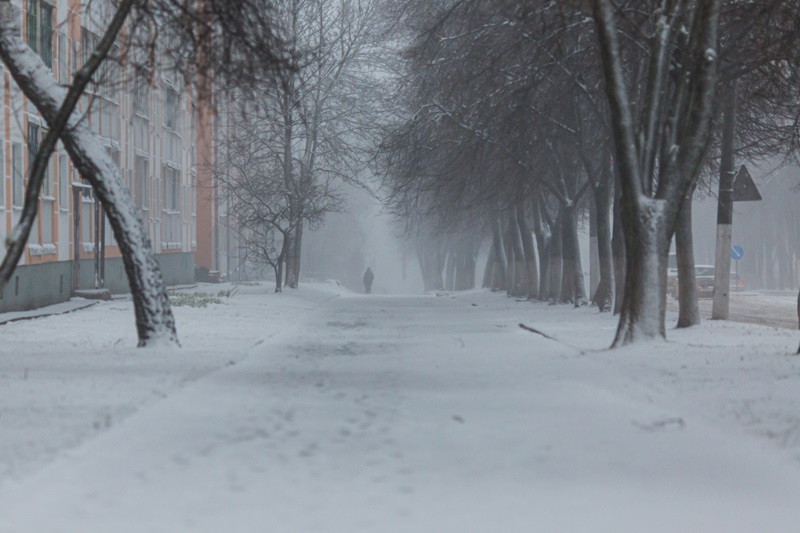What Western Canada’s deep freeze cost insurers

Canada’s property and casualty insurers rang in 2024 by paying out $180 million to repair damage caused by Western Canada’s deep freeze in mid-January.
Insurance Bureau of Canada (IBC) released the figure Monday, which is based on industry claims totals tabulated by Catastrophe Indices and Quantification Inc. (CatIQ).
“It’s been an unusual winter season, with extreme swings in conditions across the country,” said Rob de Pruis, IBC’s national director of consumer and industry relations. “In January, British Columbia, Alberta, and Saskatchewan experienced an extreme cold weather event that led to widespread water damage caused by frozen and burst pipes.
“Based on total claims counts, approximately 70% of all claims related to this extreme cold event were personal property claims.”
Western Canada finished December 2023 with highs in Alberta between 8 C and 17 C. But on Jan. 12, daytime highs plunged to record lows, with Edmonton seeing four straight days of temperatures between -40 C to -45 C. Two weeks later, temperatures were back up to between 8 C and 14C.
Related: NatCats taking their toll on Canadian property lines
“To put it into context, what is considered a normal temperature for the middle of January in the Edmonton area is highs of -8 and lows of -16,” Environment Canada meteorologist Samantha Mauti is quoted as saying in CityNews Ottawa during the Western Canadian cold spell. “For the next couple of days, we’re seeing those temperatures in and around the -30 mark approaching -40, with wind chills well below.”
IBC reminded Canadians that insurance policy coverage is not triggered by hot or cold temperatures, but rather the perils that can happen as a result. For example, frozen pipes may burst, causing water damage, which would be a peril covered by insurance.
But insurers reminded the public that policy coverage comes with terms and conditions.
“Perils like water damage from burst pipes, wind, hail, or fire are typically covered in standard home insurance policies,” IBC commented. “There are limitations to this coverage if you are away from your home during the usual heating season.
“This may require someone check on your home every day or every other day, while you are away, to ensure the heat is maintained and minimize potential damage by detecting it early. Check with your insurance representative to ensure you understand the requirements to maintain coverage for damage from frozen pipes while you are away on a winter vacation.”
Last year, Canadian P&C insurers paid out more than $3.1 billion in damage related to weather catastrophes. It was the second year in a row the industry has paid out more than $3 billion in NatCat claims.
As of September last year, Canada saw 23 NatCat claims in 2023 (i.e., events causing more than $30 million in damage). The years before that, there were 17 in 2022 and 16 in 2021.
Feature image courtesy of iStock.com/iiievgeniy







